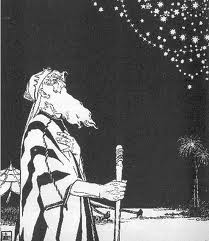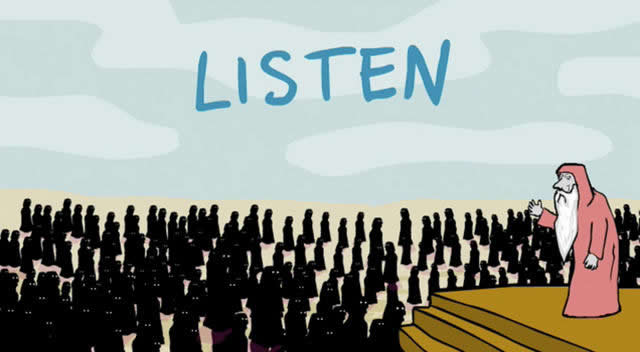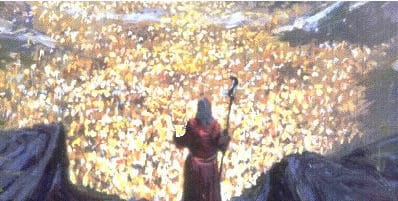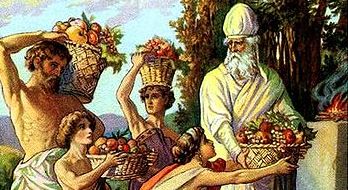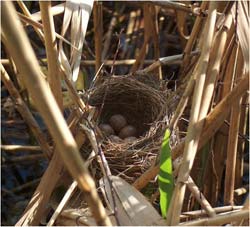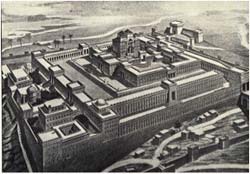VaYeira: Hidden and Revealed Holiness
Rabbi Chanan Morisson A Paradoxical Blessing After Abraham passed the test of the Akeidah, the Binding of Isaac, an angel called out to him: “God states: I have sworn by My Essence, since you performed this act and did not withhold your only son, I will bless you greatly and increase your descendants like the … Read more

